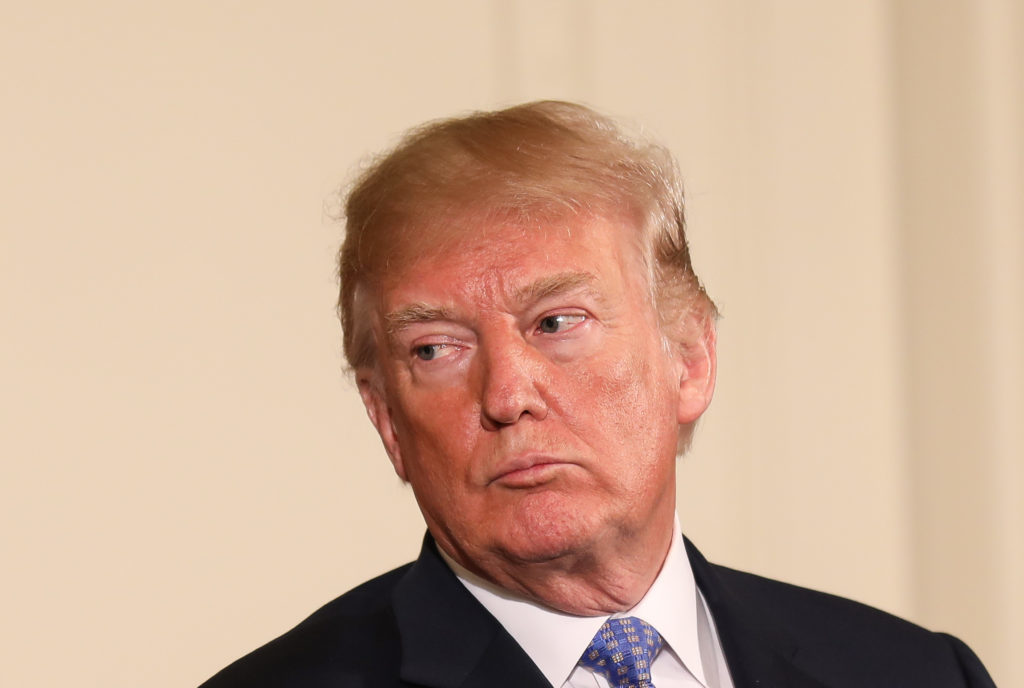Donald Trump’s leverage dries up

While the usual gang of lackeys are fooling themselves by reenacting their own version of the Electoral College and pretending that Donald Trump won electoral votes in Nevada and Georgia on the same day that his loss in critical battleground states was made official, Sen. Majority Whip John Thune from South Dakota is doing the adult thing by not only acknowledging that Joe Biden is now president-elect and that the string of challenges put forth by Trump and his lackeys that are going nowhere have outlived their usefulness and need to stop.
He deserves absolutely zero points for saying this, because he should have said it after Biden was the projected winner and not waited a month to add fuel to the fire, but now he’s stating the obvious. Republicans no longer have any recourse to keep playing along with Trump’s frivolous suits and he figures it’s safe enough to hide behind the certified Electoral College victory. What’s significant here is that despite the “Stop the steal” demonstrations and the 126 House Republicans who thought it was a good idea to include their names in a runaway Texas lawsuit, Trump’s leverage is actively shrinking as his political allies have found their cover.
Thune, the highest ranking Republican in the Senate to admit thus far that Biden won, wasn’t alone in this either. Biden acknowledged in his speech on Monday night that he had spoken to seven senators earlier in the day about working with his new administration. Republicans don’t fear Donald Trump as much as they fear his voters, so whenever they don’t carry out Trump’s wishes, this is largely the reason why. The only question now is how Trump responds to someone like Thune acknowledging his victory aloud, and how much further he plans to draw this out. The longer he hopes for the base to run to his rescue, the worse it is for the GOP going forward.
James Sullivan is the assistant editor of Brain World Magazine and an advocate of science-based policy making
